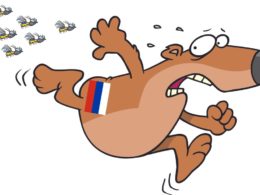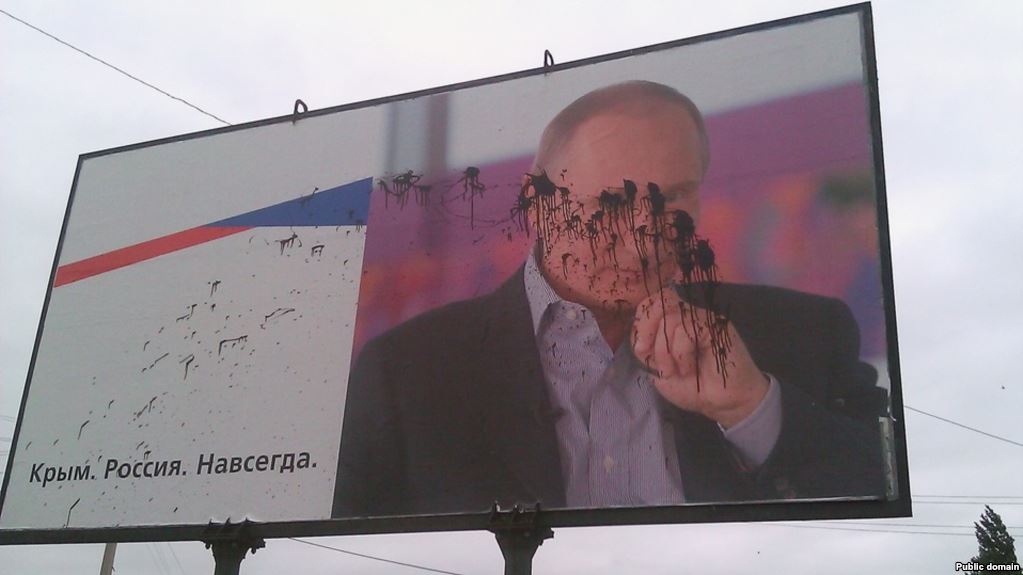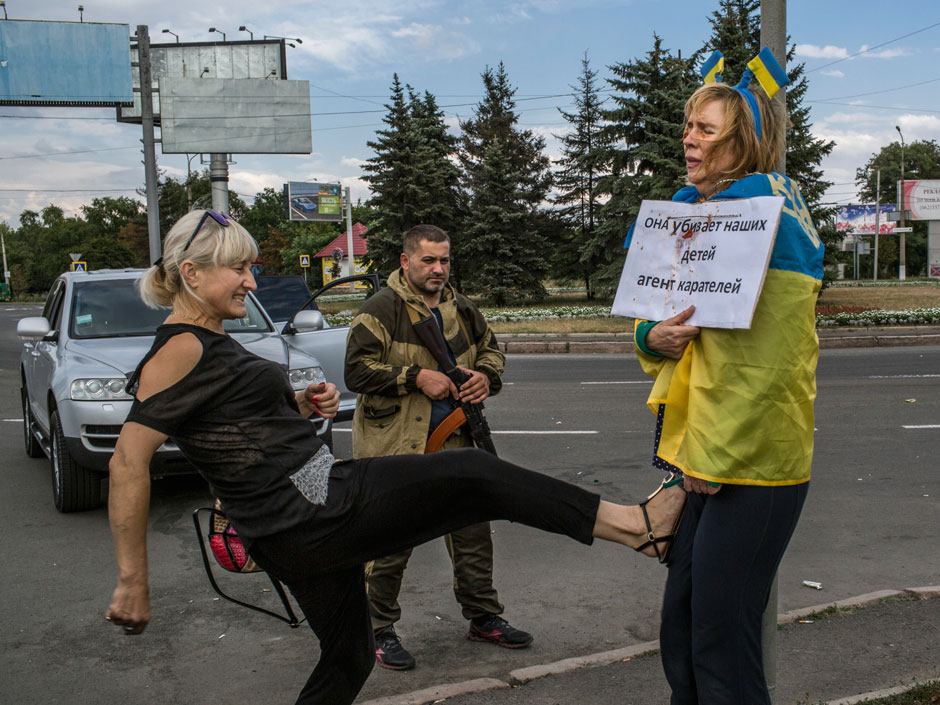That it was a fundamentally imperialist challenge to the existence not just of Ukraine but of all Russia’s other neighbors was so obvious that the day after the article appeared, the Kremlin claimed that its conclusions did not apply to the others, although Putin made the same statement about Crimea when he invaded Georgia, reducing the persuasiveness of that suggestion.
Moreover, it represented a challenge to the rest of the world in a double sense, the Russian opposition politician says. On the one hand, it failed to take into consideration the real arrangement of power in the world and the principles on which the rest of the world operates.
On the other, Yavlinsky continues, Putin’s speech and the thinking underlying his remarks suggested that Russia could act as if neither of these things apply to it, that it can and must go its own way ignoring both Europe and Asia and thus condemning it to isolation and even irrelevance.
And it is a challenge to Russia and Russians not only because of what it means for their future but also because it appeared just before the Duma elections, forcing Russians to either become complicit in what Putin is about or to demonstrate their opposition to it by their votes even if the Kremlin leader ignores them as he has in the past.
“According to Putin’s new political doctrine” as laid out in this article, Yavlinsky says, “the Ukrainian state does not have the right to a significant part of the territories included within its current borders,” it is seeking to “Ukrainianize” millions of ethnic Russians on its territory, and 2014 must be seen as a takeover of Ukraine by the West so as to threaten Russia.
For all those reasons, “Putin’s political doctrine in reality is dressed to all the former republics of the USSR” because the Kremlin leader has “rejected the entire legal basis of relations with these states since 1991,” however much his spokesmen tried to limit the applicability of his argument.
Even more seriously, “the political content of Putin’s essay is clear.”
The only hope one can have, Yavlinsky says, lies in the fact that Moscow has never signaled its intentions to go to war and that what would have been a declaration of war in the past is now something else, a mobilizational tool at home that may or may not lead immediately to military action.
Putin’s remarks reflect his lack of a strategy in general and his extremely short time horizon. He acts without thinking about longer term consequences and lands Russia in ever more difficulties because of that and despite whatever short-term goals he may achieve. Seizing Crimea may have been popular but its cost to Russia was far greater than any benefits.
“The lack of understanding of the lessons of history and the demands of the time” are obvious in Putin’s essay. Its “ethno-cultural nationalism, chauvinism, nomenklatura approach, and lack of respect” for others at home and abroad condemn Putin and, as long as he is in power, Russia and Russians to ever more serious defeats.
To move forward, Russia and Russians must not only reject these principles but correct the mistakes Putin has made. They must revisit the question of Russia’s Anschluss of Crimea and its aggressive policies in the Donbas. And they must recognize that Russia’s only hope for a better future lies in ties with Europe rather than splendid isolation.
“The chief political meaning of the first half of the 21st century,” Yavlinsky says, “is in establishing a Russian-European world based on values, freedom, respect for life, life without fear, the promotion of technical progress and all the things which define human consciousness today.”
By releasing his essay just before the Duma elections, Putin has unwittingly given Russians the chance to vote for that future and against the past that the Kremlin leader wants to restore. They need to vote against his party and the other systemic parties and vote for Yabloko and those who stand for a European future.
Related:
- Putin’s tale about unity of Russians and Ukrainians prompts Kazan scholar to speak about real unity of Turkic peoples
- Putin’s fixation on Ukraine is demagogic, delusional and dangerous
- Putin’s new article – ‘ideological justification for a future war,’ Pastukhov says
- Why the West should be paying close attention to Putin’s article
- Vitaly Portnikov: For Putin, Ukraine does not and will never exist
- Putin offering Ukraine same deal Stalin offered West Germany in 1952, Piontkovsky says
- Putin’s penchant for drawing and crossing ‘red lines’
- Putin believes only annexing Ukraine will allow Russia to be a superpower without harm to its ethnic Russian core, Eidman says





